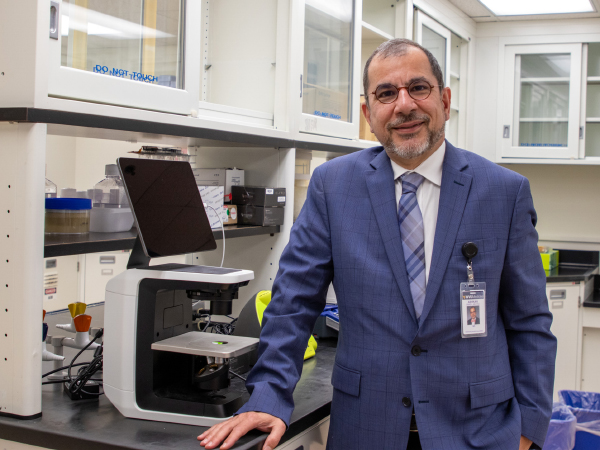Preliminary results from eight patients in the phase I portion of the Acclaim-1 clinical study evaluating Reqorsa immunogene therapy (quaratusugene ozeplasmid) with Tagrisso (osimertinib) in patients with advanced, EGFR mutant non-small cell lung cancer whose disease progressed after Tagrisso showed that Reqorsa was generally well tolerated, as there were no dose limiting toxicities. Promising efficacy results were also observed.
To access this subscriber-only content please log in or subscribe.
If your institution has a site license, log in with IP-login or register for a sponsored account.*
*Not all site licenses are enrolled in sponsored accounts.
Login Subscribe
If your institution has a site license, log in with IP-login or register for a sponsored account.*
*Not all site licenses are enrolled in sponsored accounts.
Login Subscribe






